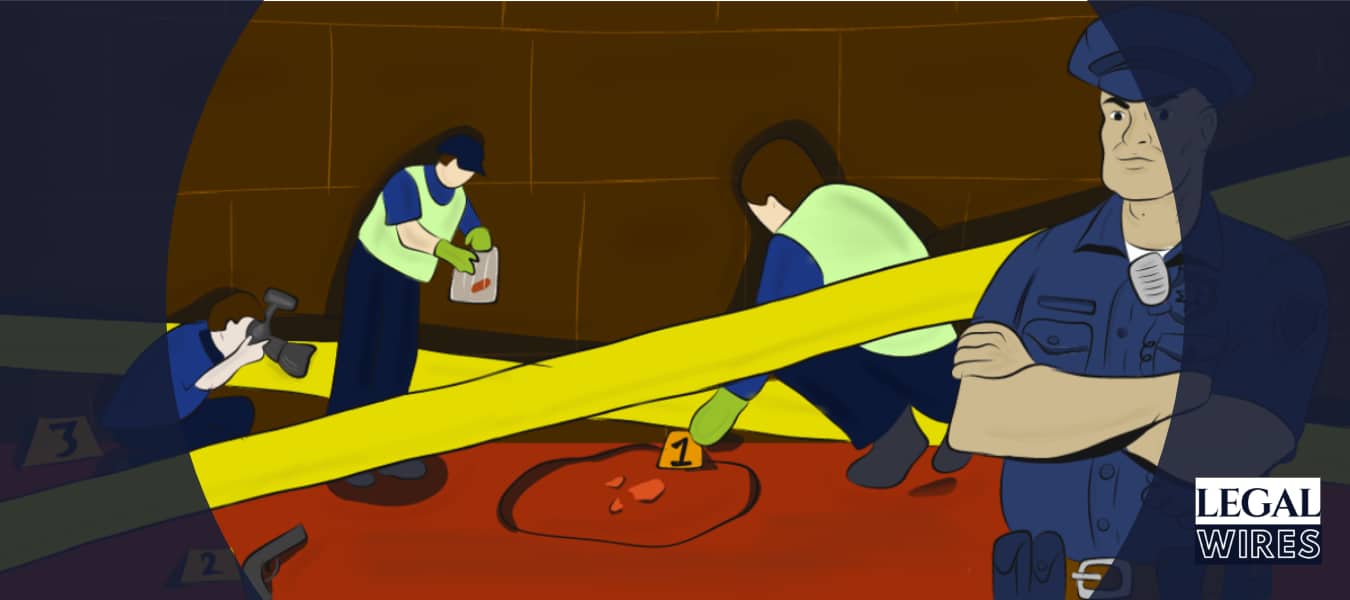Chand Patel/Appellant was married to Mustaq Bee. With the consent of his wife, he married to her sister, Bismillah Begum/Respondent No.1 in 1993, and had a daughter from her, Tehman bano/ Respondent No.2 in 1995.

LITT Law for lawyers and teams
Citation: (2008) 4 SCC 774, AIR 2008 SC 1915
Date of Judgement: 14th March, 2008
Bench: Altamas Kabir (J), J.M. Panchal (J)
Facts:
Chand Patel/Appellant was married to Mustaq Bee. With the consent of his wife, he married to her sister, Bismillah Begum/Respondent No.1 in 1993, and had a daughter from her, Tehman bano/ Respondent No.2 in 1995. Respondent filled an application for maintenance before the magistrate for herself and her minor daughter u/s 125 of Cr.P.C. on the ground that she has been neglected and not maintained. Appellant denied that he had married the respondent.
Trial Court Decision:
The learned trial court rejected the defence by the appellant and came to finding that the Respondent no. 1 was, in fact, the wife of the appellant and that Respondent no. 2 was his daughter. The trial court directed appellant to pay Rs 1,000 per month to Respondent no. 1 towards life support maintenance and to the Respondent no. 2 till she reached adulthood.
District & Session Judge Decision:
District and Session Judge held that the obligation is cast upon the appellant herein to maintain his wife and children till the marriage between them was declared null and void by a competent court.
High Court Decision:
The High Court accepted the validity of the document of dissolution of marriage executed between the parties and also took into consideration the fact that they had lived as husband and wife for about 9 years. On such consideration, there was no merit in the petition both the appeals came to be dismissed u/s 482 of Cr.P.C.
Issue:
Whether a marriage performed by a person professing the Muslim faith with his wife’s sister, while his earlier marriage with the other sister was still subsisting, would be void in law or merely irregular or voidable even though the subsequent marriage may have been consummated?
Reasoning:
Court observed that there is a difference between irregular marriage and void marriage under Muslim law. Para 263 in Mulla’s “Principles of Mahomedan Law” clearly illustrates this,
“263. Unlawful conjunction A man may not have at the same time two wives who are so related to each other by consanguinity, affinity and fosterage, that if either of them had been a male, they could not have lawfully intermarried, as for instance, two sisters, or aunt and niece. The bar of unlawful conjunction renders a marriage irregular, not void.”\
In Tajbi Abalal Desai v. Mowla Alikhan Desai[1], Bombay high court referred to Fatawa-i-Alamgiri and held that marriage with the sister of an existing wife was not void (batil) but irregular (fasid). Court observed that marriage with wife’s sister could become valid after the death of wife, so this is just a temporary hinderance.
Bombay High court views were also favoured by Oudh Chief Court in Mussammat Kaniza v. Hasan Ahmad Khan[2]; Lahore High Court in Taliamand v. Muhammad Din[3]; and Madras High Court in Rahiman Bibi Saheba v. Mahboob Bibi Saheba[4].
Judgement:
Court upheld the decision of lower court by holding hold that the unlawful conjunction and/or marriage between the appellant and respondent No.1 continues to subsist not having been declared void by any competent forum and that accordingly, the respondent No.1 and the respondent No.2 will both be entitled to maintenance under Section 125 of the Cr.P.C.
[1] 1917 Indlaw MUM 49.
[2] 92 Indian Cases 1926 page 82.
[3] 129 Indian Cases 1931 page 12.
[4] 1937 Indlaw MAD 198.


